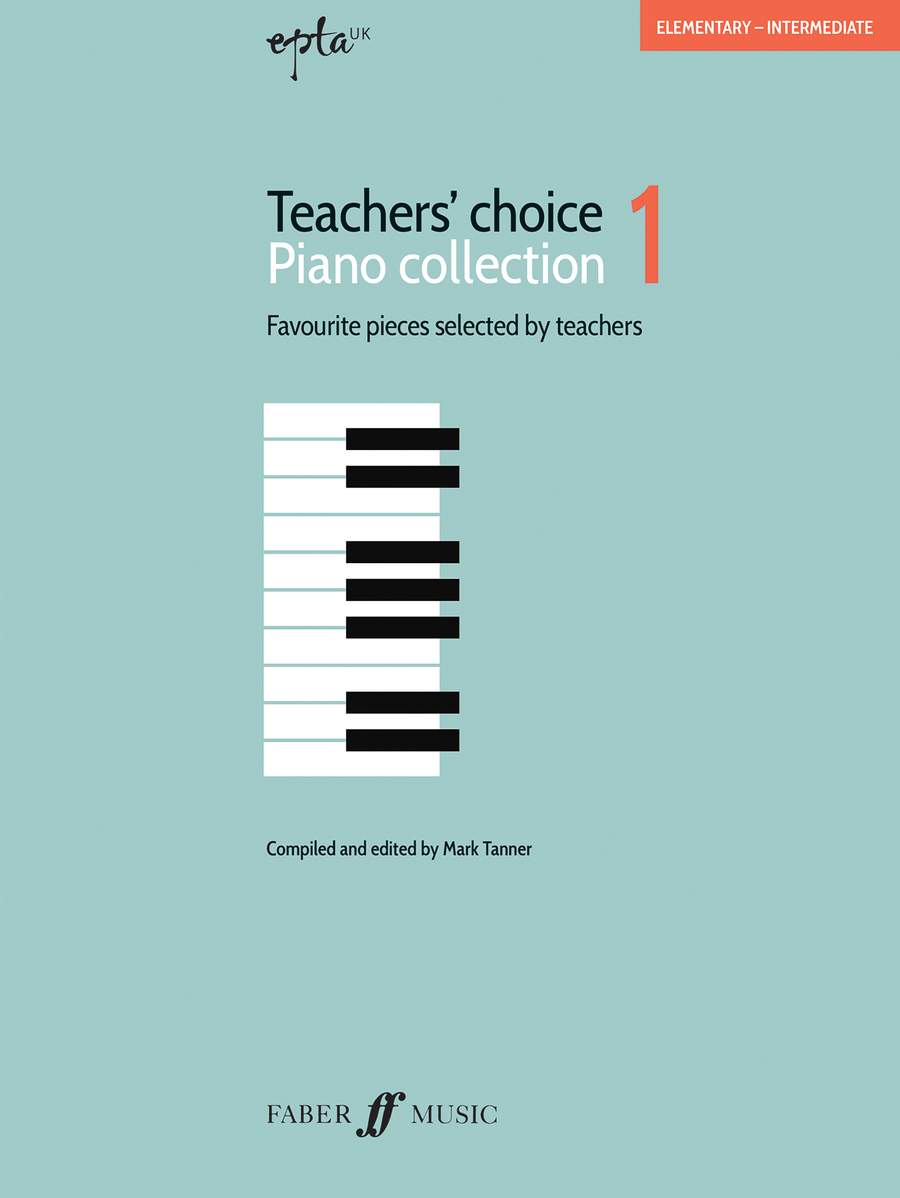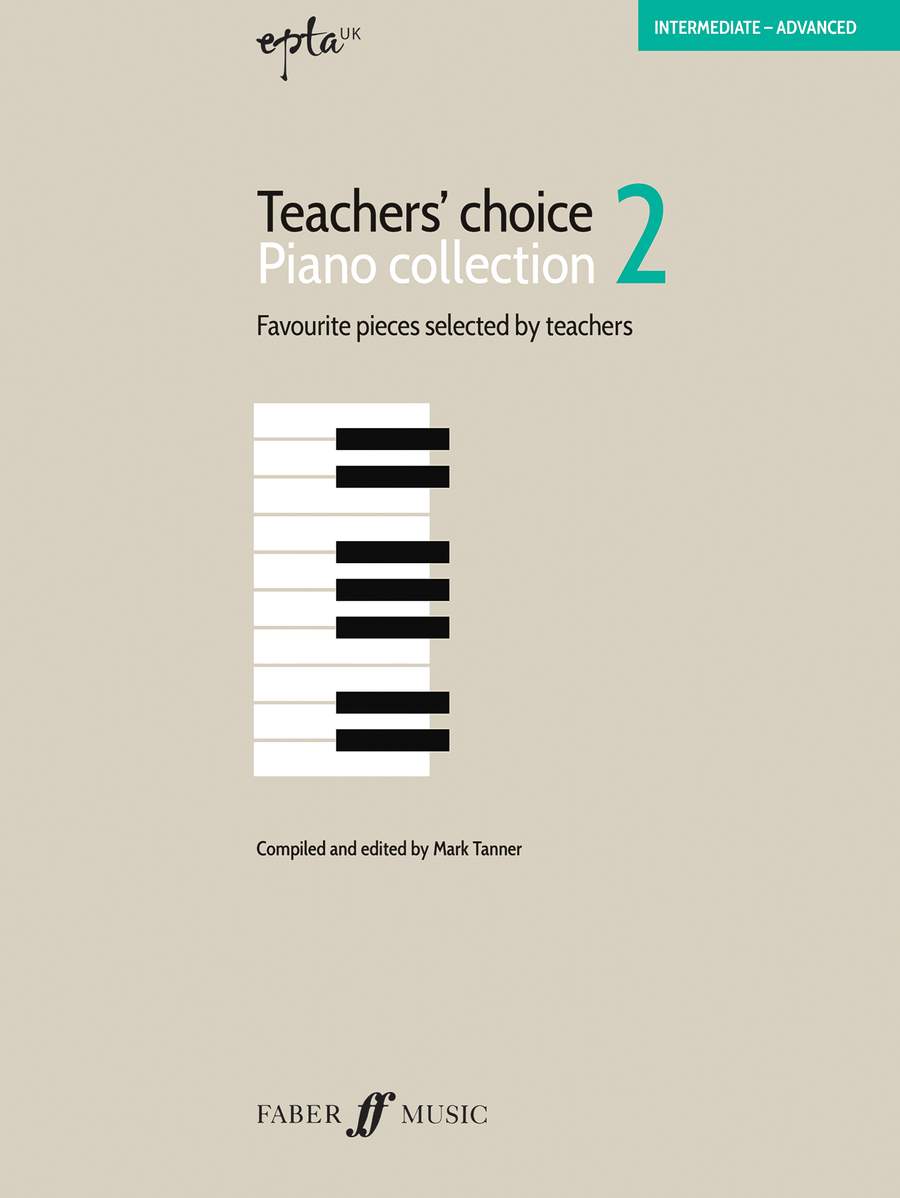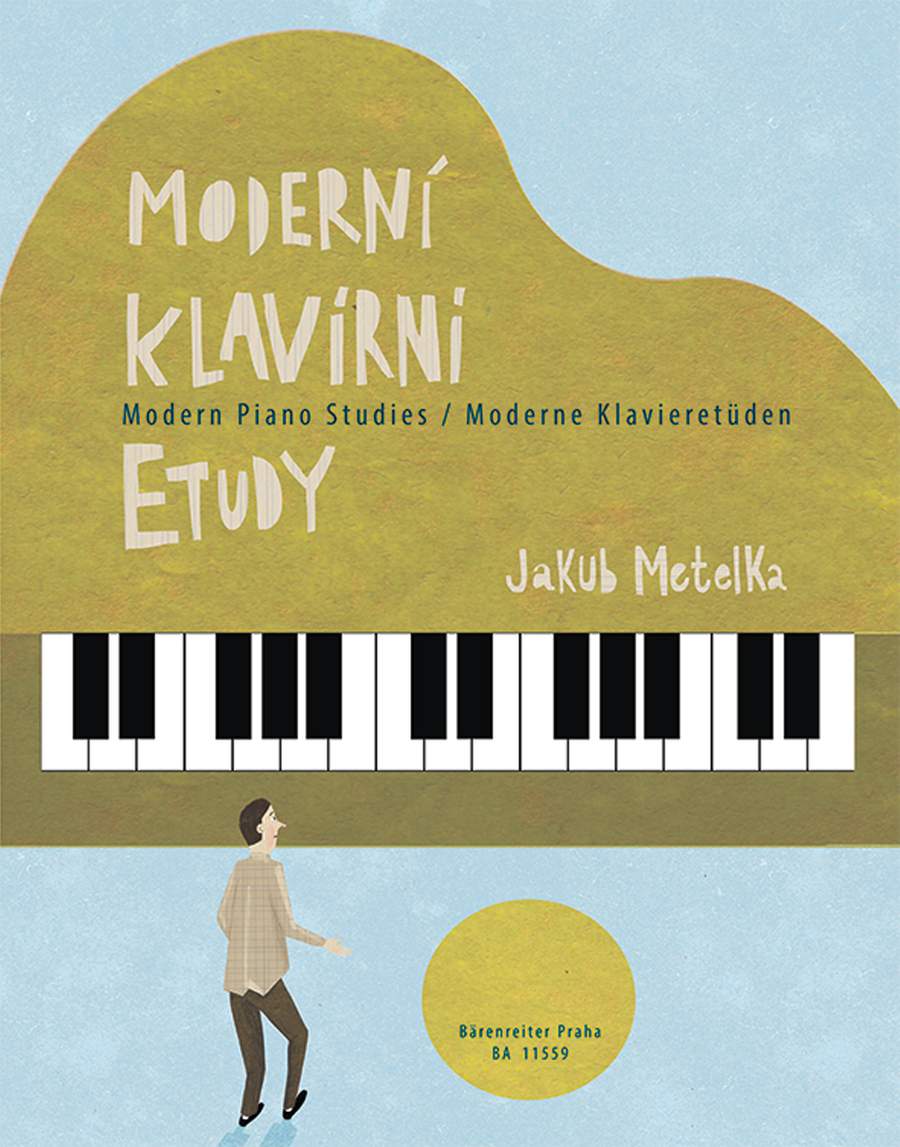
Beethoven Around the World: 9 Popular Arrangement for Piano solo
Initially I was appalled by the idea of this compilation. Who would want to desecrate Beethoven's music? However, I pushed my prejudices aside and started to play through the book. This volume of world jazz pieces imagines Beethoven as a world traveller exploring various musical traditions. There are nine pieces including tango, samba and gamelan as well as Balkan, Asian, Scottish, and African styles. These styles offer a different take on the F minor sonata, the fifth piano concerto, Beethoven's ‘Scottish Dances’, the theme of the ‘Pathetique’, the finale of ‘The Tempest’, ‘Rondo a Capriccio’, Beethoven's ‘Turkish March’ and of course ‘Für Elise’. There is an explanatory preface and short notes for each piece.
Despite my misgivings I found these pieces enormous fun to play, and would imagine that pianists who have played the originals would also enjoy them. I have had several piano pupils who have tried their hand at jazzing up their Beethoven sonatas; if only they'd had this book.
The European Piano Teachers Association (EPTA)'s year of events to celebrate its 40th anniversary is nearly over, and what better way to round off the year than to publish these two bumper volumes of diverse and popular pieces voted for by EPTA members. I do love a good anthology, offering teachers and pupils variety within a curated collection, and the freedom to delve into pieces beyond pupils’ current study. What makes this different is that each piece has been selected by people like us: teachers who teach students like ours regularly.
Teachers' Choice Piano Collection 1 and 2


Volume 1 has pieces that are elementary to intermediate (Grade 1-4) standard. They are in order of difficulty and each piece is introduced with a comment from a teacher, with insights, tips and technical advice. In addition, and vitally, there is a numbered icon referencing the Edexcel GCSE music performance difficulty level – so useful as we grapple with the new criteria. Apart from that, this is a fabulous, well presented and clearly set out treasure trove of 31 piano classics – featuring standards and favourites from past and present exam syllabuses.
We are frequently told what we should like, but here in Volume 2, we have 27 Grade 5-8 level pieces that we will like, selected by piano teachers. Again, there are numbered icons referencing Edexcel GCSE music performance difficulty and pieces that can be used for Edexcel AS and A level music performances (these pieces fall into the categories Level 5 and above, ending at Level 9). There is Bach's ‘Solfeggietto’, Kabalevsky's ‘Cavalryman’, a Schumann ‘Moment Musical’ and a Liszt ‘Consolation’, alongside MacGregor's ‘Lowside Blues’ and Beach's ‘Scottish Legend’. At the top end of performance difficulty there is Chopin's ‘Nocturne’ in C sharp minor, Grieg's ‘Notturno’ and Brahms's ‘Intermezzo’ in B minor. There is so much to enjoy in both volumes, and it is such a fitting way to remember Carola Grindea, who established EPTA in 1978.
Modern Piano Studies


This is a collection of 30 short, attractive pieces in all the major and minor keys and focusing on the technical difficulties we and our pupils encounter: melodic ornaments, arpeggios, glissandos, 3rds and 6ths, and so on. The composer, Metelka, suggests that we should especially embrace the ones with large amounts of sharps and flats as they have the most beautiful melodies. He is right; they are all beautiful and written in a modern classical style. The studies range from early intermediate (approximately Grade 3) upwards to advanced levels of Grade 5/6 and are a most attractive alternative or accompaniment to exercise books. I would have appreciated a short explanation of ways to approach each piece, but they are reasonably obvious, and have very evocative titles accompanied by some delightful pencil sketch illustrations.
The composer suggests that we listen to the complete recordings at www.jakubmetelka.com. This is a very useful resource when learning the pieces and a great way to try before you buy. I would happily take a punt on this collection becoming a teaching classic.








